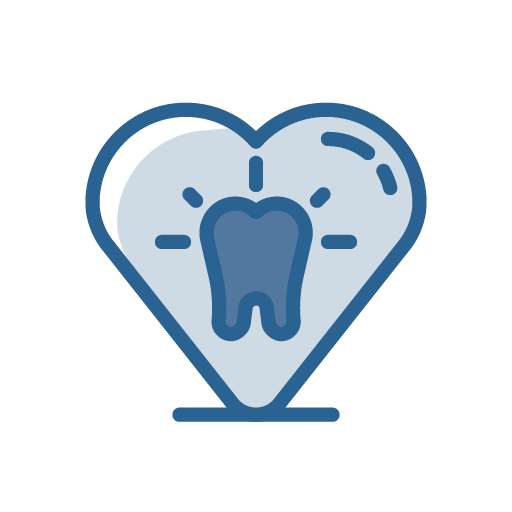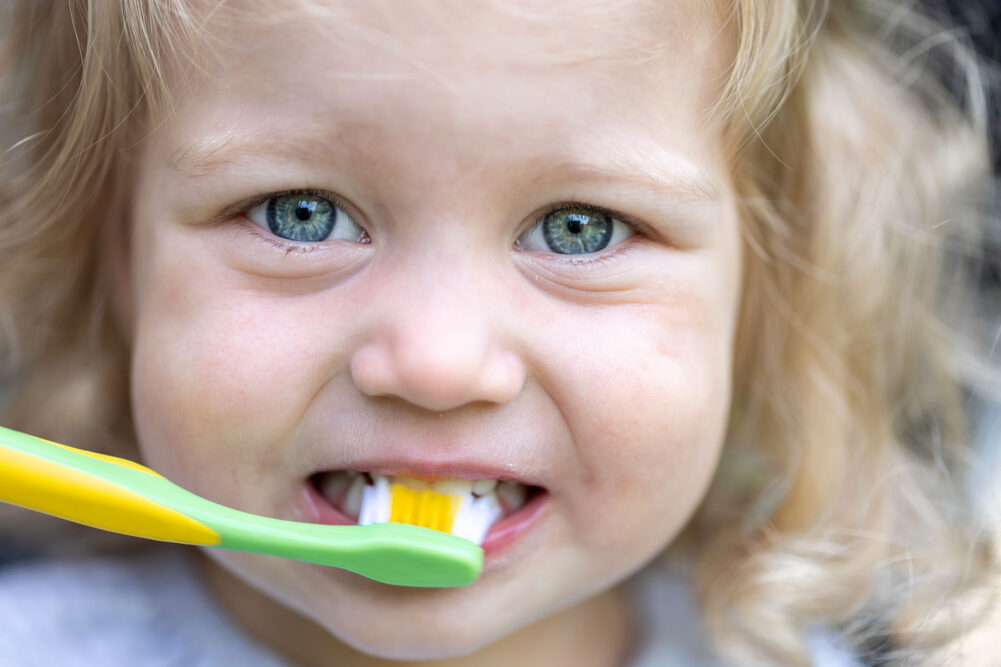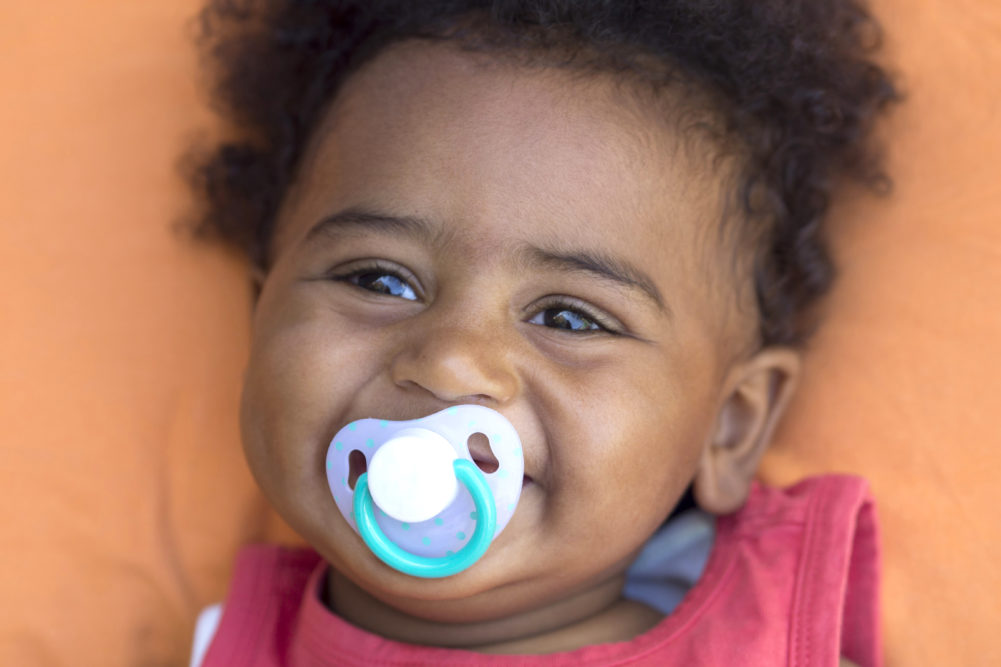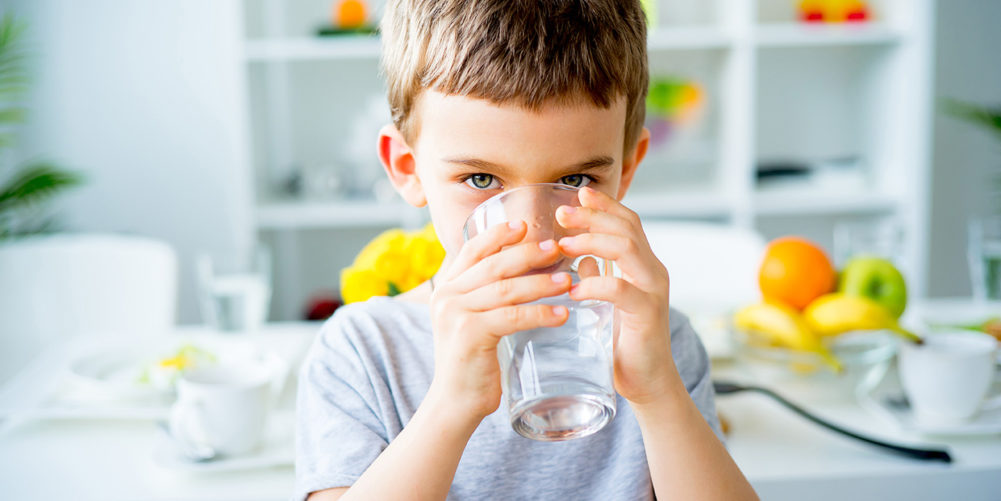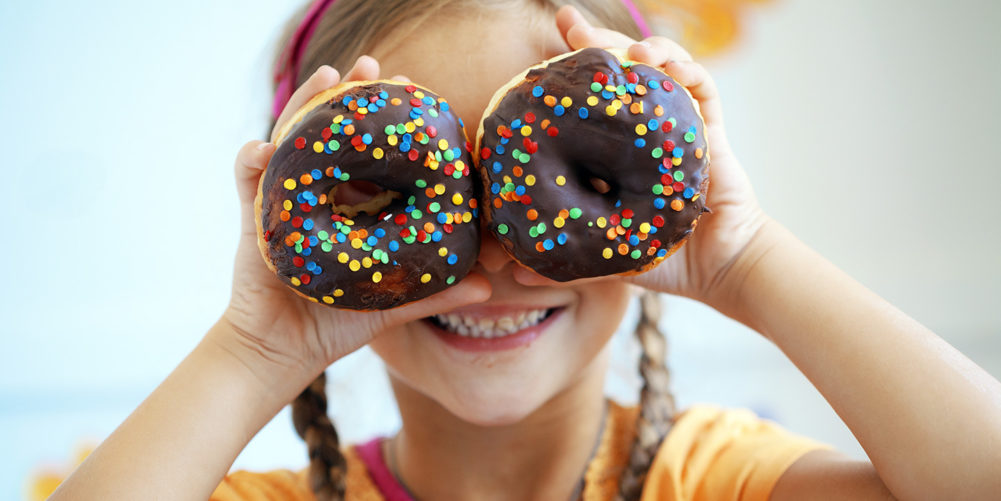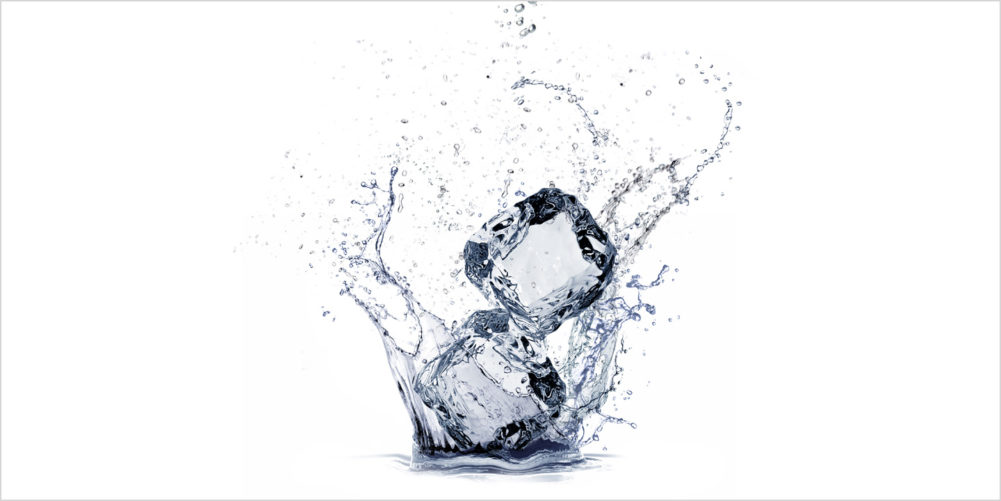Brushing toddlers’ teeth can be a challenging task, especially when they resist. Here are some tips and tricks to make the daunting task a little easier: Use a small-headed, soft-bristled toothbrush that fits in their mouth comfortably. Brush their teeth twice a day with a small smear of fluoride toothpaste for kids ages 0-3 years and a pea size amount …
Tips and tricks for brushing unwilling toddlers
Brushing toddlers’ teeth can be a challenging task, especially when they resist. Here are some tips and tricks to make the daunting task a little easier: Use a small-headed, soft-bristled toothbrush that fits in their mouth comfortably. Brush their teeth twice a day with a small smear of fluoride toothpaste for kids ages 0-3 years and a pea size amount …
Why should I take my kids to a pediatric dentist?
Pediatric dentists undergo two years of specialist training after dental school and gain expertise in children’s dental care. They are equipped to handle children’s unique needs, such as utilizing behavior management techniques specific for children, treating children under general anesthesia, and creating a kid-friendly environment during visits. Pediatric dentists can address issues specific to children, like growth and development of …
“Teeth are teeth”; what are the differences between baby teeth and adult teeth?
There are several differences between baby teeth and adult teeth which is why pediatric dentists have advanced training in how to treat them! There are 20 baby teeth and 32 adult teeth. The baby molars are replaced by premolar permanent teeth and permanent molars erupt behind the row of baby teeth and do not replace any baby teeth. Baby teeth …
What to do if there’s a dental emergency?
A dental emergency can be a painful and frightening experience. The first thing to do during a dental emergency is to stay calm. Thinking things through with a clear level head will lead to the best outcome. Next, it is important to assess the situation and decide whether it is a true emergency. Some emergencies must be dealt with right …
Thumbs, Fingers, and Pacifiers, Oh My!
Are pacifiers always bad? No! The American Academy of Pediatric Dentistry recognizes that thumb-sucking, finger-sucking, and pacifier usage is very normal for infants and young children. The habits provide comfort and security by allowing the young child to interact with the world. In fact, did you know that babies begin to suck their fingers and thumbs before they’re even born? …
Keep Hydrated, Do you know what’s in your drink?
We all know in this Florida heat, it’s important to stay hydrated. Our body is made of 60% water and drinking enough water keeps you hydrated & healthy, while allowing your body to properly absorb and dispose of nutrients. Did you know water also helps with other dental-related concerns? Staying hydrated with water has many benefits. With every sip of …
Sugar, Ah Honey Honey
Did you know that not all candy is made equal? Dentists enjoy candy too and we understand you and your child are not always going to be able to avoid every temptation. But did you know that certain candies are “better” for your teeth than others? For example, research shows that it is better for your teeth to eat a …
Ice, Ice, Baby
Has your dentist ever asked if you have any bad habits? The most commonly recognized bad habits are fingernail biting, thumb-sucking, tongue thrusting, grinding teeth, clenching, amongst others. But have you ever thought about how chewing ice is also a bad habit? It’s surprising just how many people think chewing ice is good for your teeth. As dentists, we often …




